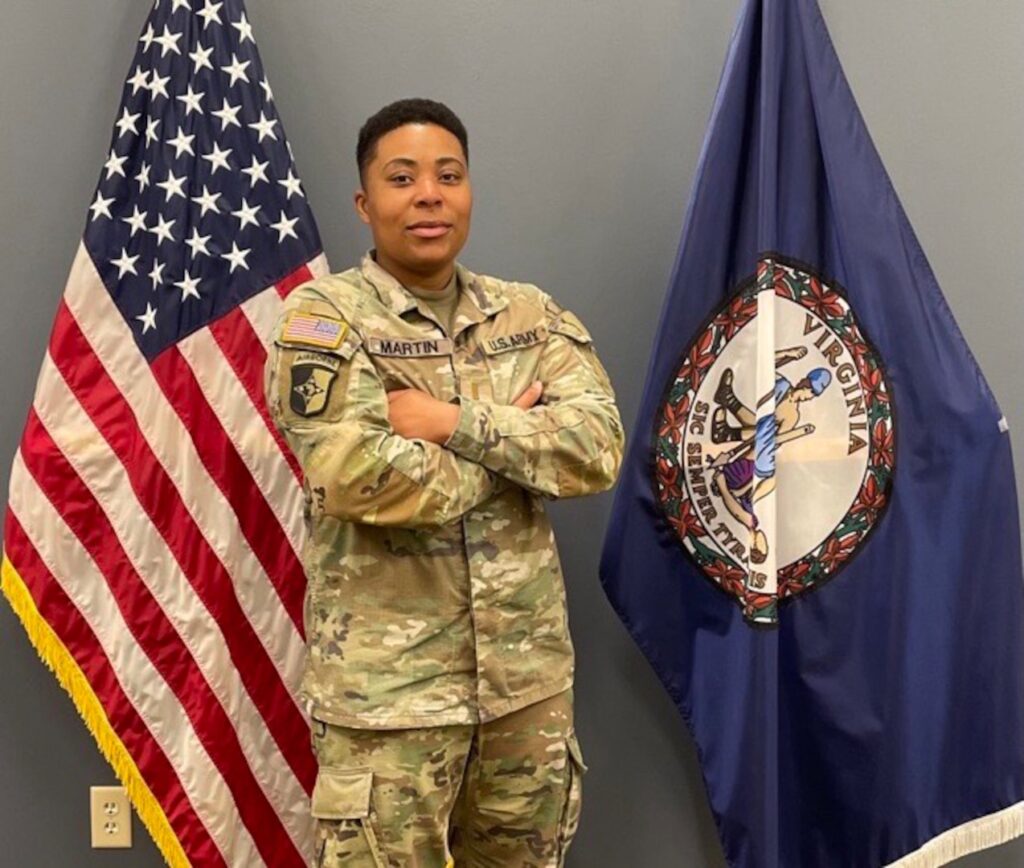How Many Jobs Are Available in Military, Government, or Technical Fields?

If you’re interested in getting involved with the military or government, there are several jobs available to you. Some of the more common ones include air traffic controllers, political advisors, and even Civil engineers.
Air traffic controllers
Air traffic controllers are responsible for directing the movement of planes. They maintain a safety distance between aircraft, and also help reduce delays. Their primary concern is keeping the flying public safe.
Controllers may work full time or part-time. Some work weekends or holiday shifts. The job is also incredibly stressful. Depending on the complexity of the sector, controllers can expect to spend between six months and several years training. During this time, they will be taught about how to operate the air traffic control systems in their specific sector.
There are three main routes to becoming an air traffic controller. First, you can apply through the Federal Aviation Administration (FAA). You can apply through the Department of Defense if you have prior experience in the field.
When you apply through the FAA, you must have a minimum of four years of college or a degree in another discipline. Additionally, you must have at least three years of progressively responsible full-time work experience.
To get an air traffic controller’s certification, you’ll need to pass a number of tests. Most importantly, you must be able to speak English and be a US citizen. In addition, you’ll need to pass a physical exam and undergo periodic drug screenings.
Air traffic controllers are also obligated to alert the proper authorities in case of an emergency. A good memory and a quick decision-making ability are essential for this job.
Because air traffic controllers are on duty all the time, they are exposed to a wide variety of stressors. These factors include government actions, human factors, and special activities. Each year, controllers must pass a physical examination.
The National Air Traffic Services (NATS) offers training and news updates for air traffic controllers. Applicants should review NATS’ website for additional information.
Aircraft mechanics
Aircraft mechanics perform a variety of tasks to ensure that the airplanes are in good shape for their passengers. Some of the duties include keeping detailed records that ensure the safety of the cargo and the people onboard.
Mechanics may be employed in a wide variety of companies, including airlines, general aviation firms, and the federal government. However, most of these jobs require a formal education. There are hundreds of US mechanic schools that can help you gain the training and certifications you need.
Mechanics may work on small aircraft or large planes, either repairing or overhauling the equipment. They might also use ultrasonic, magnetic, or x-ray inspections to detect cracks on the exterior of the aircraft.
One of the most fascinating jobs in the aviation industry is the aircraft mechanic. While most mechanics work on the engines and the airframe, aircraft technicians are also responsible for maintaining the coatings and other components of the plane for stealth purposes.
Aviation mechanics are required to follow strict aviation regulations. These requirements include using precision instruments to measure wear and tear, completing required maintenance on the aircraft, and troubleshooting problems.
Mechanics must also be able to understand complex electronic and mechanical equipment and develop safe, workable solutions. This is particularly important in the military, where aircraft often fly hundreds of missions a day.
To obtain certification as a mechanic, you should consider a program that meets the standards of the Federal Aviation Administration (FAA). Some of the most popular mechanic programs are those that offer on-the-job training and are accredited by the FAA. Typically, you can expect to complete the required course of study in about 18 months.
You will need to pass both a written and a practical test to get your certificate. Your skills and experience will be evaluated and you will be assigned an examiner.
Civil engineers
Civil engineers are responsible for the design and construction of many types of structures. Their jobs range from designing and constructing bridges to maintaining transportation systems. A career in civil engineering can be rewarding and provide a variety of duties.
The Bureau of Labor Statistics projects that employment for civil engineers will increase by 7% between 2014 and 2024. Most of the work will be in the construction industry, but they will also be needed for rebuilding airports, dams, and other buildings.
Civil engineers typically work with other professionals to help ensure that construction projects are built properly and in accordance with regulations. They may also be called upon to supervise the use of heavy equipment, assess the safety of structures, and evaluate the feasibility of plans.
Although a large part of the profession is in the construction industry, the government and the private sector also employ civil engineers. There are more than 10,000 civil engineers employed by the federal government, as well as by the Department of Transportation, the Department of Interior, and other agencies.
In addition to being employed by the government, many civil engineers are self-employed. Some specialize in land development, teaching, or research. Others have more administrative positions.
If you’re interested in a civil engineering career, you can learn more about the field through internships and classes at a school. Many internships can be found through online internship boards or engineering associations. This can provide you with hands-on experience and help you understand what you can expect in the workplace.
The Department of Defense is the largest employer of civil engineers, although many other companies hire them. Government positions make up one-fourth of the positions.
Media and public affairs officers
Media and public affairs officers are civilian and military personnel who work in the formal media relations offices of the United States Department of Defense. They are responsible for providing timely and accurate information to internal and external audiences. These professionals work closely with domestic and foreign media. The success of a PAO is a direct measure of their strategic insight, willingness to accept assignments, and performance under pressure.
Military and government public affairs staff are responsible for coordinating information operations and other Information Resource Centers (IRCs) with their commanders. This includes preparing information about world events, environmental issues, and unit participation in military operations. In addition, PAOs develop the Army Public Affairs doctrine, provide guidance to senior leaders in public affairs decisions, and train Soldiers in effective communication.
A Public Affairs Officer’s duties include determining topics that will be of interest to the media, researching information operations, and contacting the media for information. These individuals also serve as ghost writers for commanders. Their research helps determine what media will be most appropriate for various audiences.
Public Affairs Officers provide support to their commanders and are responsible for a robust community relations program. They also maintain contact with other government agencies and coordinate media visits. For example, they may screen requests for programs or appearances before approving them.
External communication includes news releases, interviews, website content, social media sources, and other information vehicles. All information is geared toward informing or influencing the public. News conferences and other events should be taped for later use. Photos taken by bystanders should be collected and screened for release to the public.
Members of the naval service on active duty are sometimes sent as correspondents for TV and radio stations. However, they must inform the Navy Chief of Information about their plans.
Political advisors
A military, government or technical career can be very rewarding, but it comes with its own set of hurdles. Fortunately, the right degree can get you on the path to your dream job. There are numerous degrees to choose from. The military will even help pay for your education.
The best part is that you will be able to earn a decent salary, and you can get a lot of experience in the field. It also provides benefits that you wouldn’t find in the private sector, such as retirement packages, health insurance, and pension plans.
The most important thing to keep in mind when considering a military, government or technical career is that it is all about teamwork. In addition to working with others, you will also need to work with policy and technology. To achieve this, you will need to study the military branches and their requirements. This will ensure that you will have a smoother transition into the armed forces.
The most exciting aspect of a military, government or technical career is the potential for advancement. In many cases, you will have the option of transferring to another service branch, which can open up more opportunities for you. For example, in the Air Force, you can get a high flying aircraft pilot’s job. Other options include being a drone pilot, or working in the Air Force’s intelligence and reconnaissance operations.
In general, a military, government or technical career can be a great way to improve your skills and increase your income. As with any career, you will have to research your options before you commit. Once you do, you’ll be ready to take the leap into the armed forces.




